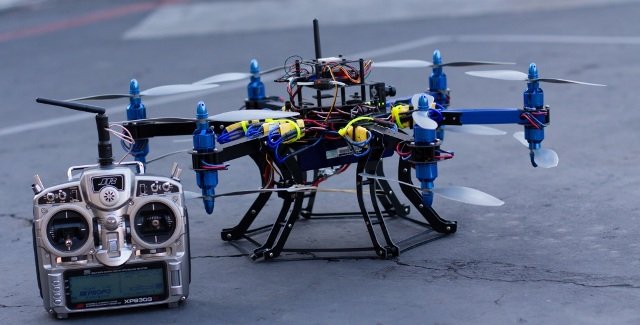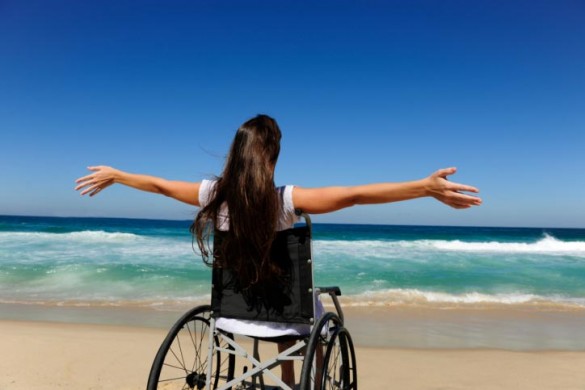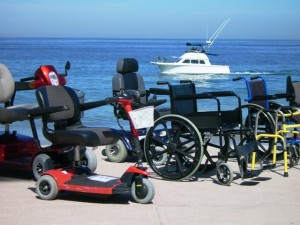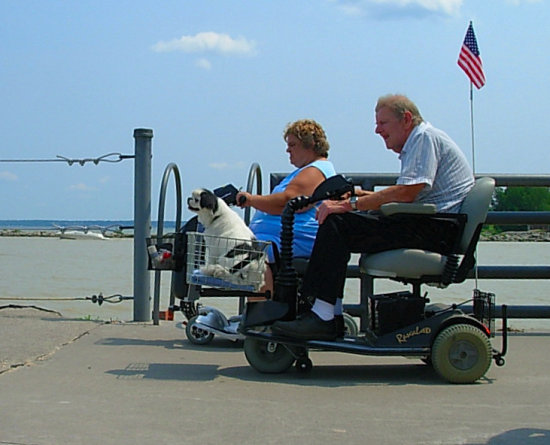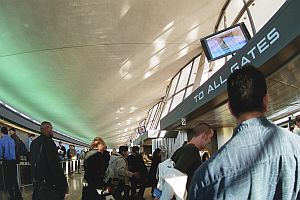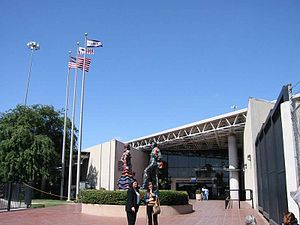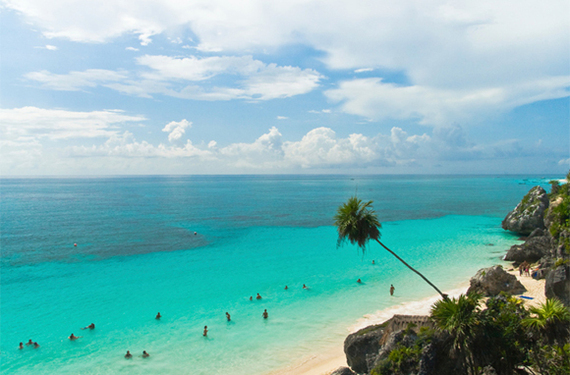BY STEPHANIE ROSENBLOOM
The New York Times
When you are traveling solo, it’s not always easy to strike up a conversation with a stranger.
In fact, how do you meet other single travelers or locals in the first place? And if you’re looking for friendship, or even something more, how do you ensure that amid all the fun you don’t neglect to take safety precautions?
Before we get to tactics, it’s helpful to know that you are likely to be rewarded for overcoming apprehensions about approaching someone new when you’re on the road.
Its easy to imagine all the ways things will go badly or believe that this person doesn’t want to connect, said Nicholas Epley, a professor of behavioral science at the University of Chicago Booth School of Business.
But if you reach out, he continued, almost everybody reaches back.
Social scientists have found that making such connections, whether traveling or not, boosts happiness, and yet strangers in proximit, routinely ignore each other, as Epley and his colleague Juliana Schroeder put it in the Journal of Experimental Psychology last year. During a series of nine experiments, they saw again and again that we underestimate other people’s interest in connecting.
How to initiate? Epley suggests simply saying to that stranger on the bus or in the cafe: “Hi, I’m visiting. Can you tell me what I ought to see in town?”

“Everybody loves to brag about their city,” he said.
Or offer a compliment, he suggested.
“I think you’re just best off in your relationships if you’re transparent with people.”
As experienced solo travelers know, opportunities for pleasurable connections are everywhere: trains, planes, parks, bars, museums, walking tours, group hikes. Yet should all that fail, technology provides seemingly innumerable ways to increase the odds. Obviously dating websites and apps like OkCupid and Tinder can facilitate in-person get-togethers around the world. Yet the travel industry has its own tools, designed not specifically for romance but for friendship.
I’ve previously written about some of these websites and apps, including Highlight and Planely.

The app Skout enables travelers to meet locals or one another wherever they are, be it a concert in London or a soccer game in Barcelona. More recently there’s Tripr, which allows travelers to find others who will be in the same place. But if you’re seeking a like-minded companion, a couple of veteran sites deserve another look.
Couchsurfing.com was founded in 2004 and has grown to some 9 million members. You may know it as the purview of frugal travelers who see the world by sleeping on the couches and air mattresses of strangers, but it’s also a great way to meet other solo travelers and locals — even if you don’t crash on their couches. Cities worldwide offer weekly Couchsurfing art gallery tours, hikes, dinners or gatherings in coffee shops and bars. (Becoming a member of the site is free.)
Another digital stalwart is VirtualTourist.com, which offers tips and reviews from fellow globe trekkers and has been around since 1999. That means you’ll find a true online community, a deep well of people with whom to interact.
Members have profiles that may include photos, their hometown, travel interests and where they’ve been. Each member’s travel tips are tied to his or her profile, and should you like what you read or have questions, you can message the user. Who knows? Maybe you’ll even get together offline. Once you’re on the ground in a city, you can meet dozens of people at once by attending a cocktail hour, a group run or a tour through worldwide events site Meetup.com.
While meeting someone new is exciting and can be deeply fulfilling, such overtures must be balanced with safety measures. Even Couchsurfing, which refers to strangers as “friends you haven‘t met yet,” has a page devoted to safety, warning members to trust their instincts (“If a person, situation or profile seems unsafe for any reason, move on. Don’t worry about seeming rude”) and know their limits (“Partying like a rock star might be fun, but it puts your safety and well-being in the hands of others”). For women, especially, the site advises being educated about your destination’s cultural and religious norms and to “be clear about your boundaries and don’t be shy about stating them.”

At the same time, Epley said most people are not interested in taking advantage of you.
“The person who wants to take advantage of you wants to find you immediately,” he explained. It’s different when you’re the one who decides to initiate a conversation. “When there’s random selection, you don’t have that risk of being targeted,” he said.
Solo travelers are often told to keep friends and loved ones informed about where they’re going and when (including the time they expect to return), know which neighborhoods to avoid and learn local emergency numbers.
You may also want to memorize words such as ‘help,’ ‘police,’ and ‘fire,’ in the local language and have a plan for how you’ll get back to your hotel anytime you’re out after dark. If you are in a place where there’s no mass transit or if mass transit is not safe at night, have the number of a taxi service with you. If you use Uber, make sure the photo of the driver that appears on the app matches the face of the person who picks you up. Also, the Uber app has a ‘Share my ETA,’ option that allows you to send someone your whereabouts and estimated time of arrival.
(Before I even get into a car I send the driver’s name, car make and my destination to a friend or family member.)
The fear of strangers has deep evolutionary roots. Do not, Epley said, disregard your intuition.
“Our research does not suggest that you should talk to everybody that you meet or that you should have the volume turned up to 11 in all your social interactions,” he said. It’s just that for most of us, “the dial for engaging others seems set a little too low. Nudge it up.”

